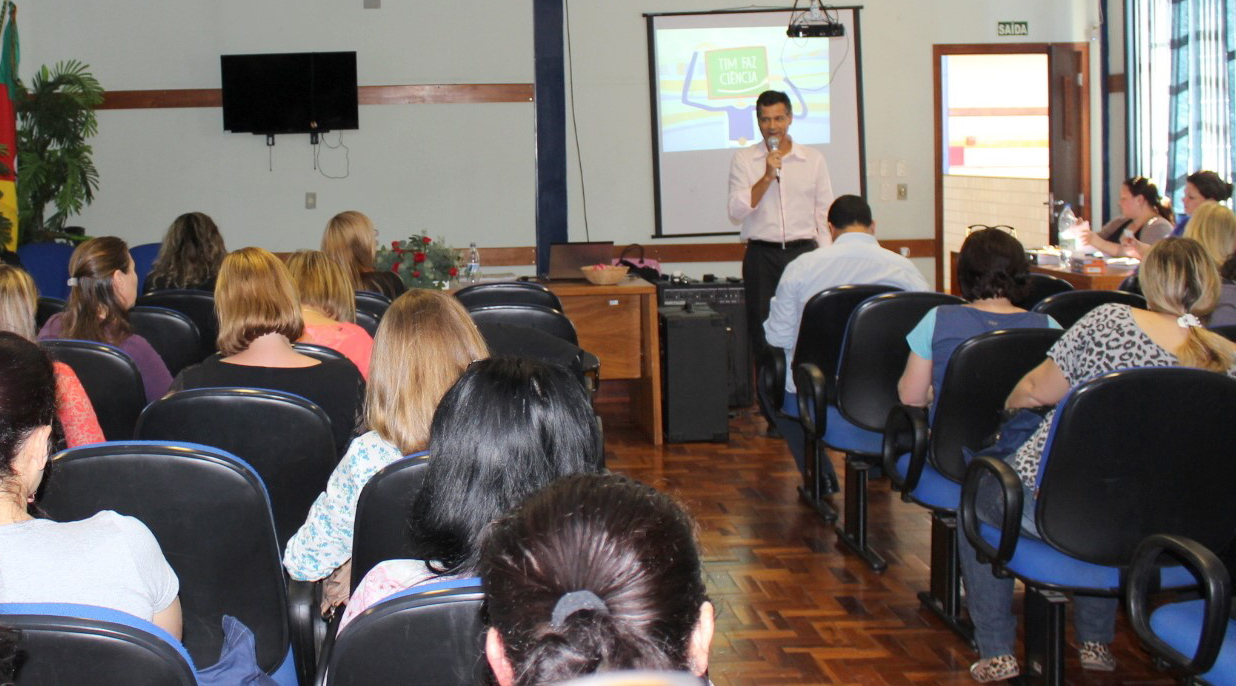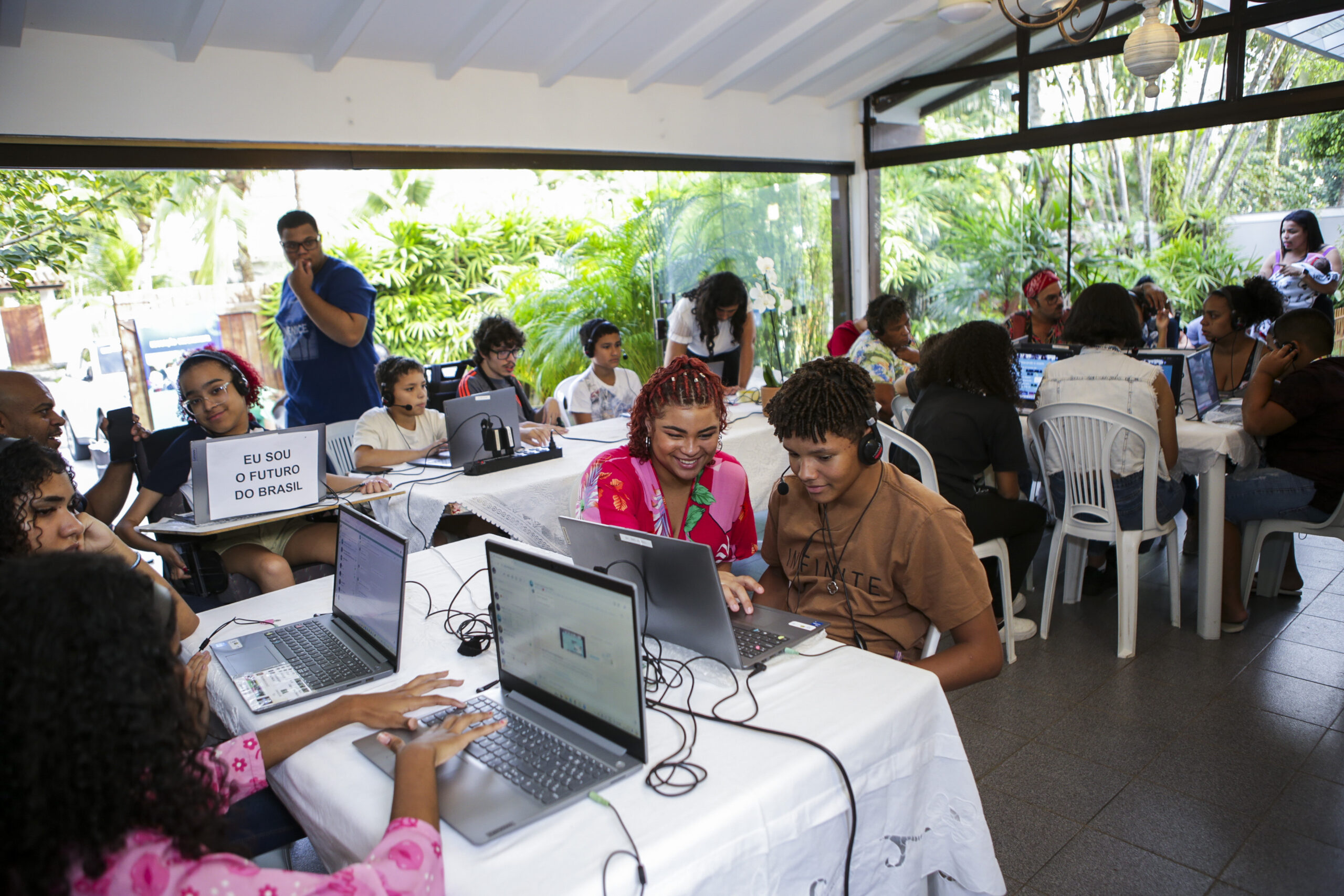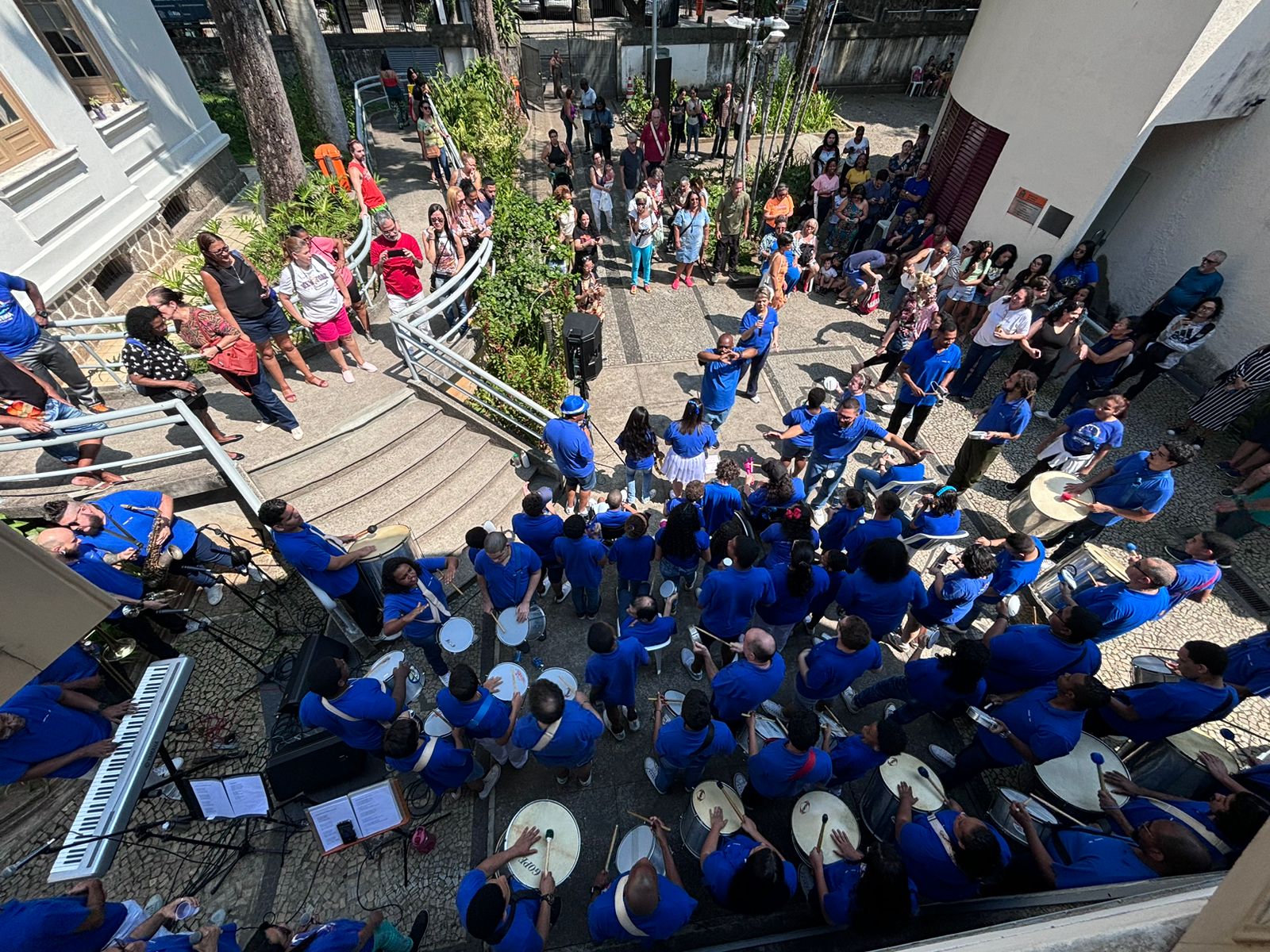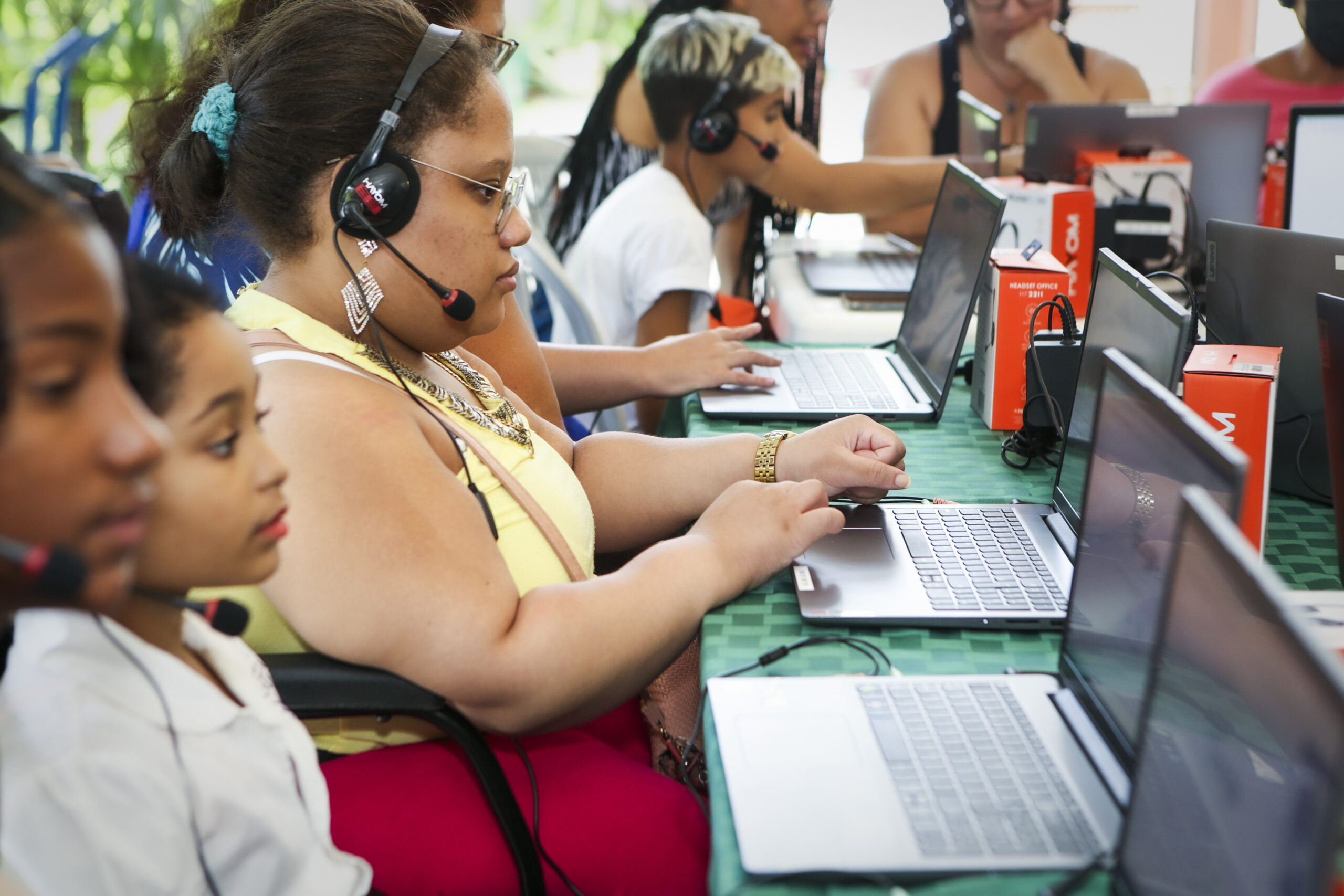
Schools from all over the country have already initiated this year’s TIM Faz Ciência activities. A number of cities are also receiving training sessions for the presentation of the teaching material, guidelines about how to apply the content in class and the exchange of experiences among teachers and coordinators. The rise in the number of sessions is one of the changes made to the program in 2015: since the start of the year, some 42 meetings have been held in 26 cities.
“This is a strategy that generates more engagement. Teachers that took part in 2014 are also helping the others, sharing their experiences and best practices,” says PhD in Physics Cesar Nunes, a professor partly responsible for steering the preparation of the teaching material. Other measures implemented this year include small changes to the Student’s Book, with more space for students to write down their ideas, encouraging the involvement of pedagogical coordinators and better guidelines on the evaluation rubrics, which is one of the topics of the meetings.
“We have visited many cities and noted that these changes are helping,” says Nunes. He explains that the strategies are aimed at expanding the reach of the program, which invites students and teachers to delve into intellectual operations aimed at the production of scientific expertise. “Last year we managed to attain this expectation, on a larger or lesser scale. We had very positive feedback from teachers. And now that we have these results, we can plan certain evolutions compared to 2014”,,he says.
Last year, TIM Faz Ciência catered to some 70,000 students and more than 2,000 teachers in 251 cities. The goal for 2015 is to benefit 110,000 students.






































































































